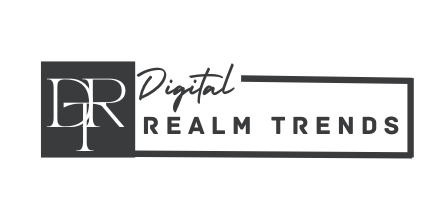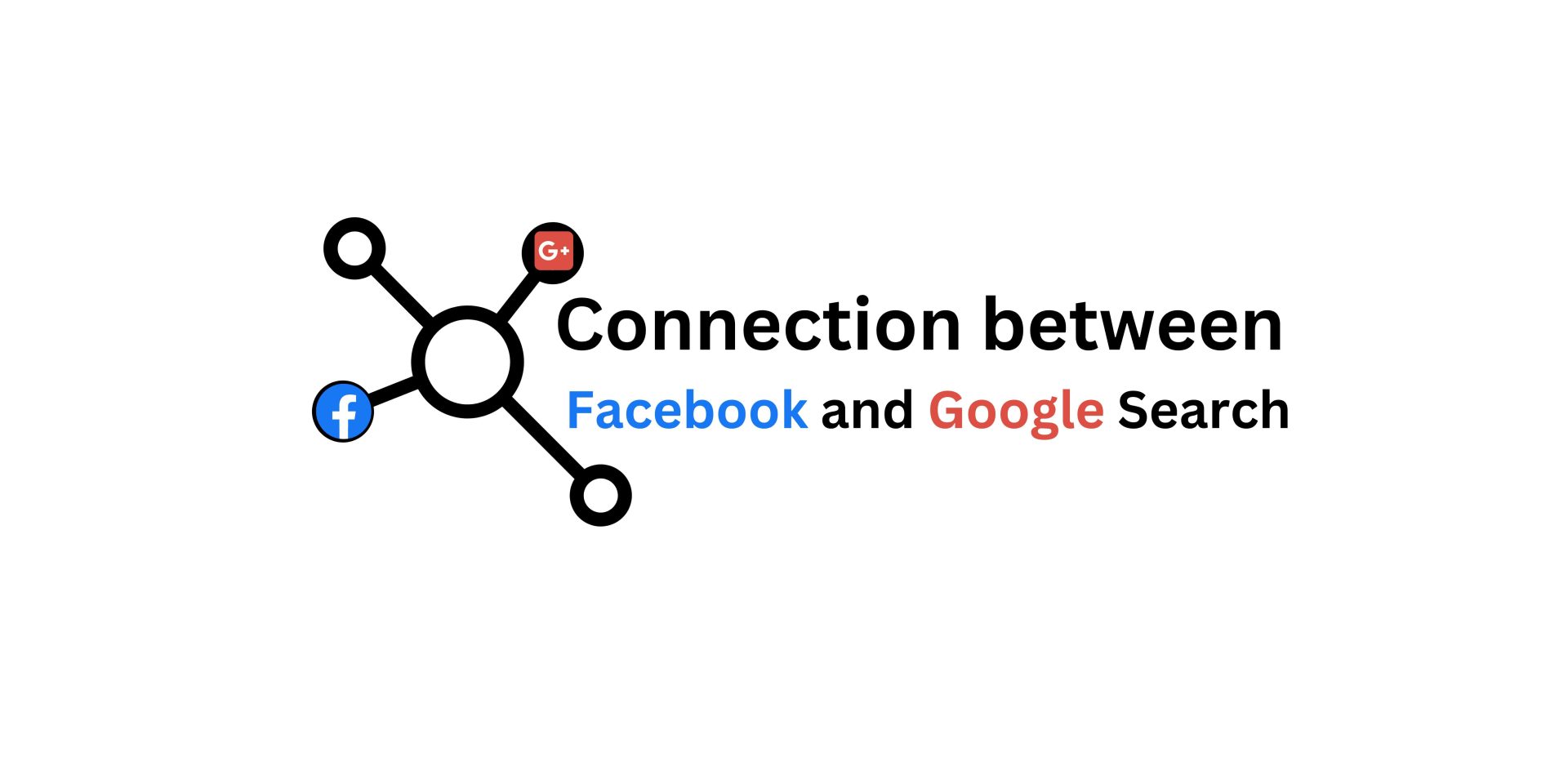Introduction
As social media continues to dominate the internet, it’s no surprise that advertising has followed suit. Companies can now use Facebook ads to market to specific demographics, and the platform has a remarkable ability to target users with precision. Have you ever found yourself wondering how Facebook seems to know what you’ve recently searched on Google? In this blog post, we’ll dive into how the connection between Facebook and Google search history is established and what it means for targeted advertising.
Understanding the Connection between Facebook and Google Search

Intriguingly, Facebook doesn’t have direct access to your Google search history. However, it does manage to gain insights into your online behavior through other means. One of the most significant tools in this process is the Facebook Pixel. This unassuming tracking code plays a crucial role in building a profile of your browsing habits. When you visit websites that have a Facebook Pixel installed, the code discreetly collects information about your interactions and sends it back to Facebook.
The Role of Facebook Pixel
Let’s delve deeper into the workings of the Facebook Pixel. This tracking code functions as a bridge between your online activities and Facebook’s ad targeting mechanisms. As it trails your movements across websites, it gathers data about the pages you visit, the products you explore, and the searches you make. This data then contributes to the creation of a comprehensive user profile, enabling advertisers to understand your preferences and interests.
Building User Profiles through Browsing Habits
With the information collected by the Facebook Pixel, the platform constructs detailed user profiles. These profiles go beyond simple demographics and encompass your online behaviors, preferences, and even potential purchasing intent. Advertisers can then utilize these profiles to serve ads that align precisely with your interests, increasing the likelihood of engagement.
Detailed User Profiles for Precise Targeting
The amalgamation of data from Facebook Pixel and third-party data brokers enables the platform to construct highly detailed user profiles. These profiles offer a holistic view of your online presence, granting advertisers the opportunity to craft ads that cater to your specific preferences and behaviors. While concerns about user privacy are valid, this approach also enhances the relevance of ads you encounter.
Facebook Login: Convenience and Tracking

In addition to Facebook Pixel and third-party data, Facebook Login serves as another avenue for the platform to gather data about your activities. Many third-party sites and apps offer the option to log in using your Facebook credentials. While convenient, this login method also grants Facebook visibility into how you interact with those platforms.
How Facebook Gains Insights from Third-Party Platforms
Once you use Facebook Login on a third-party platform, Facebook starts monitoring your interactions on that site or app. This includes the content you engage with, the products you explore, and even your behavioral patterns. This wealth of data contributes to the creation of a more nuanced user profile, facilitating the delivery of ads that align closely with your interests.
Crafting Targeted Ads Based on User Behavior
The data gathered through Facebook Login adds another layer to the intricate user profiles maintained by the platform. Advertisers can capitalize on this by creating campaigns that take into account your interactions on a broader digital landscape. This approach contributes to the creation of ads that resonate with your preferences and behaviors, increasing the likelihood of engagement.
Google’s Advertising Platform
Google’s Parallel to Facebook in Advertising
While Facebook has developed sophisticated methods to understand user behavior, Google, too, employs similar strategies in the advertising arena. Google’s advertising platform leverages data from various sources, including search history, YouTube interactions, and Gmail content. This comprehensive approach results in highly targeted ads that cater to individual users.
Comprehensive User Profiles from Various Sources
Google’s vast ecosystem provides ample opportunities to collect data about user behavior. Your searches, video views, email content, and even location data contribute to the creation of a comprehensive user profile. This profile, in turn, forms the foundation for the precise ad targeting that Google offers to advertisers.
The Positive Outcome of Competition for Advertisers
The competition between Facebook and Google ultimately benefits advertisers. With both platforms vying for advertisers’ attention, the tools and techniques at their disposal continue to evolve. This competition drives innovation, resulting in more effective ways to reach and engage specific target audiences. Advertisers can capitalize on this dynamic environment to optimize their ad campaigns and achieve their marketing goals.
Conclusion
In this exploration of the connection between Facebook and Google search history, it becomes evident that Facebook’s ability to comprehend your online activities extends beyond direct access to your search history. Through tools like Facebook Pixel, third-party data brokers, and Facebook Login, the platform constructs intricate user profiles that empower advertisers to deliver highly targeted and relevant ads. The parallel strategies employed by Google highlight the competitive landscape in the advertising realm, ultimately providing advertisers with diverse avenues to connect with their audience. As the advertising landscape continues to evolve, responsible data usage remains paramount to ensure that personalized advertising does not compromise user privacy.

Hello, I’m Ali Raza, the brain behind Digital Realm Trends.
Hailing from the vibrant world of digital marketing, I’ve honed my skills over years. Based on my experience, I’m here to unravel the complexities of digital marketing, analytics and paid marketing, crafted for individuals like you. Join me in uncovering the power of digital marketing tools and strategies, fueled by experimentation and insights.




